The affordability of a filter press depends on several factors, including the initial investment, operating costs, and long-term returns. While the initial purchase cost of a filter press may be high, they are often considered a cost-effective option given their many benefits in the production process.
Factors affecting the affordability of filter presses
Initial investment in filter presses
The initial cost of purchasing a filter press is one of the most important factors companies consider. Several factors, including model, specification, brand, production capacity, and additional features usually determine the initial cost of a filter press. In the market, the prices of different models and specifications of filter presses vary greatly, so companies need to make careful comparisons and evaluations.
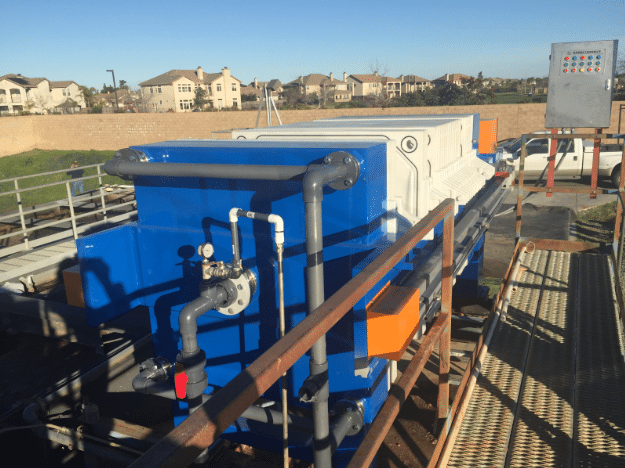
First, different models and specifications of filter presses may have different production capacities and processing capabilities. Filter presses with higher capacity are usually more expensive, but can process larger quantities of material more quickly, thus increasing productivity.
Second, additional features and special designs of filter presses can also affect their price. For example, some filter presses come with automated control systems, advanced filtration media, and customized operator interfaces, and these add-ons can increase the cost of the equipment.
Finally, brand and manufacturer are also one of the important factors that affect the price of a filter press. Well-known brands are usually known for their quality reliability and technical support, and their products may be priced higher. However, some emerging brands or low-cost manufacturers may offer more competitive prices but require more attention when purchasing.
Therefore, when purchasing a filter press, companies should carefully consider their needs, budgetary constraints, and long-term operational plans, compare with multiple manufacturers, and select the most cost-effective model and specification. It is also important to ensure that the equipment purchased can meet production requirements and is backed by reliable quality and good after-sales service.
Operating Costs of Filter Presses
Ongoing costs associated with the operation of the filter press include two main areas: maintenance costs and energy consumption.
Maintenance costs:
- Regular maintenance: Filter presses require regular maintenance, including cleaning the filter plates and cloth, checking the hydraulic system, and replacing consumables (e.g., seals, and filter cloth). These maintenance tasks help keep the equipment functioning properly and reduce the risk of breakdowns.
- Parts replacement: As the usage time increases, the filter press may need to replace some key parts such as oil seals, valves, pumps, etc. The replacement cost of these parts can increase operating costs.
- Labor maintenance: If a company does not have an in-house maintenance team, it may need to hire external maintenance technicians for maintenance and repairs, which will add additional labor costs.
Energy consumption:
- Electricity consumption: Filter presses are usually driven by electric motors or hydraulic systems, so their energy consumption is mainly from electricity. Filter presses with long operating hours and high production volumes will consume more electricity.
- Heating energy: Some filter presses may require a heating process to suit specific processing requirements. The energy consumption of heating equipment (such as heaters or steam boilers) is also part of the operating costs.
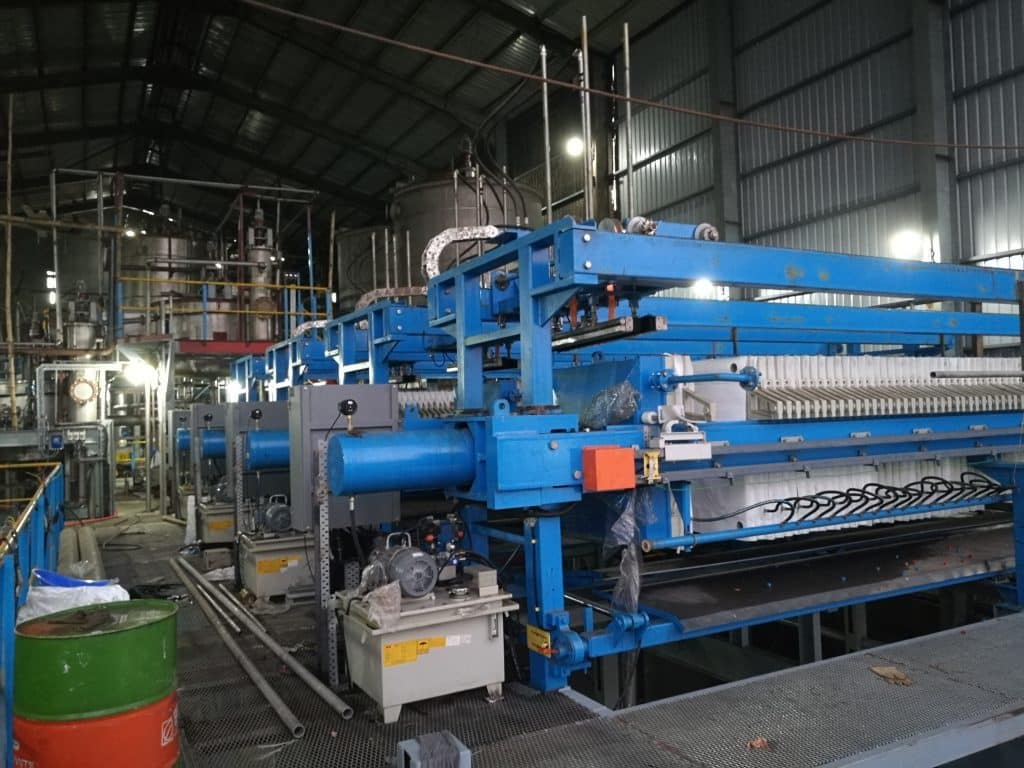
Return on Investment (ROI)
To calculate the return on investment (ROI) of a filter press implementation, it is first necessary to estimate the operational cost savings and productivity increases resulting from the filter press. The value of these cost savings and increases can be calculated in the following way:
Operating cost savings:
- This is done by comparing the difference in operating costs, including maintenance, energy consumption, and consumable costs, between a filter press and an alternative filtration method, such as a centrifuge or vacuum filter.
- These differences are multiplied by the expected service life to obtain the total operating cost savings from the filter press.
Increased productivity:
- The increase in productivity due to filter presses is estimated by comparing the processing speed and efficiency of filter presses with alternative filtration methods. This can be achieved by reducing production downtime, increasing filtration efficiency, etc.
- The value of the productivity increase is multiplied by the expected service life to obtain the total productivity increase due to the filter press.
Finally, the net benefits of the filter press implementation are obtained by adding the values of total operating cost savings and total productivity increase and subtracting the initial investment cost of the filter press. Divide the net benefit by the initial investment cost and multiply by 100% to get the ROI of the filter press.
Factors to consider for the affordability of filter presses
Scale of operation
The effect of production volume on the affordability of filter press prices is significant. Generally, the price of filter presses becomes relatively more affordable as the production volume increases. This is because the fixed costs of a filter press can be spread over more products as production volume increases, thereby reducing the cost per unit of product. Additionally, larger filter presses are typically more economical than smaller ones because they can handle more material and increase productivity.
The scalability and flexibility of a filter press solution are critical to responding to changes in production volumes. Scalability refers to the ability of a filter press to be expanded or adapted for different production scales. This includes increasing the number of filter plates or cloths, replacing filter presses with larger capacities, and so on. Flexibility refers to the ability of the filter press to adapt to different types and characteristics of materials, as well as different filtration requirements. Filter press solutions with good scalability and flexibility can remain cost-effective as production volumes change and provide optimal filtration results when processing different materials and products.
Maintenance requirements
Evaluating the maintenance needs and associated costs of filter presses is critical to effectively managing the operation and maintenance of the equipment. Filter presses typically require regular maintenance to ensure stable and reliable operation and to extend their useful life. Maintenance needs are multi-faceted and include the following:
- Cleaning and maintenance: Filter presses require regular cleaning and maintenance, including cleaning the filter plates, replacing the filter cloth, checking the hydraulic system, and cleaning the filter media. These tasks help keep the equipment running properly and reduce the occurrence of breakdowns.
- Parts replacement: With increased use, the filter press may need to replace some key parts, such as oil seals, valves, pumps, and so on. Timely replacement of these parts helps prevent equipment failure and damage.
- Overhaul and repair: When the equipment malfunctions or needs to be repaired, appropriate overhaul and repair work is required. This may include troubleshooting, replacing damaged parts, etc.
Preventive maintenance is critical to maximizing the life of your filter press. Regular preventive maintenance allows you to check that all parts of your equipment are functioning properly, identify and resolve potential problems promptly, reduce unplanned downtime, and extend the life of your equipment. Preventive maintenance also reduces repair costs and avoids production delays and losses due to equipment failure.
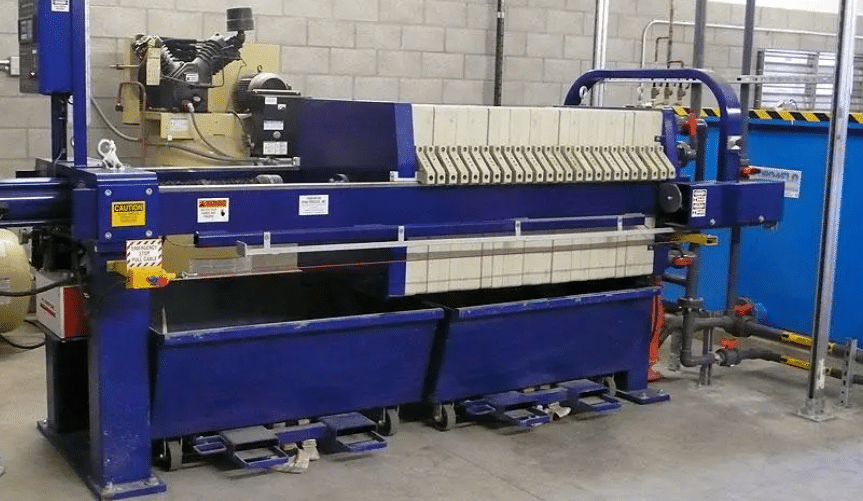
Quality and durability
To ensure long-term affordability, it is critical to invest in high-quality filter presses. High-quality filter presses typically offer more reliable performance and a longer service life, which reduces repair and replacement costs and lowers the total cost of ownership of the equipment. In addition, high-quality filter presses are typically more efficient and stable in operation, resulting in increased productivity and lower production costs.
Manufacturer-provided warranties, support, and after-sales service are also important considerations when investing in a high-quality filter press. Quality manufacturers usually offer a long warranty period and promise to provide free repair and maintenance services during the warranty period. In addition, they provide timely technical support and training to help customers resolve problems with equipment operation and ensure optimal performance.
Of the different types of filter presses, which is more economical?
- Manual filter press: This type is simple to operate, relatively low cost, and suitable for small-scale laboratory or research purposes. However, due to the need for manual operation, the productivity is relatively low and not suitable for large-scale production.
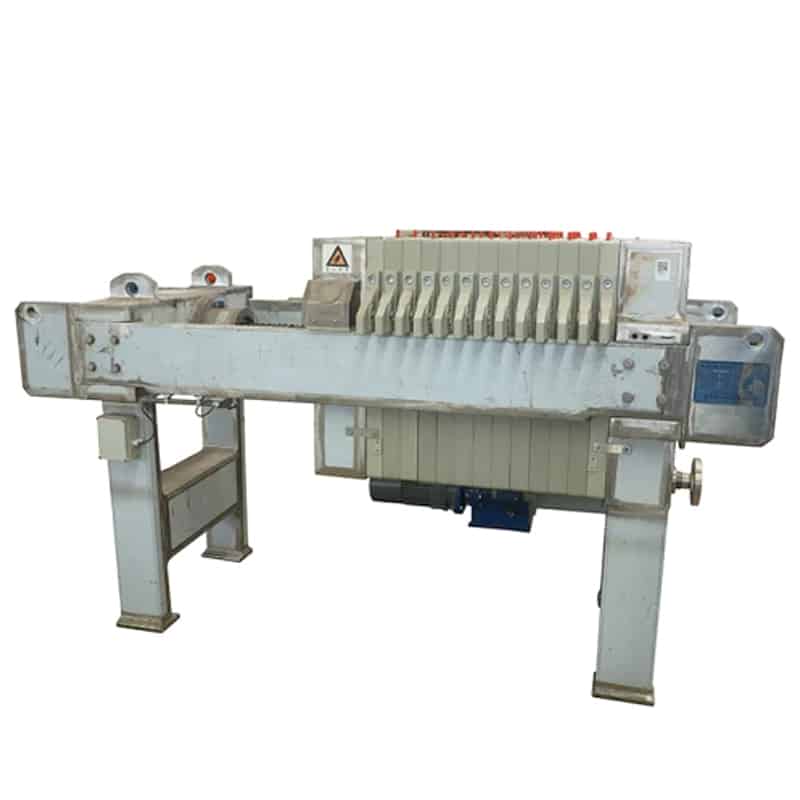
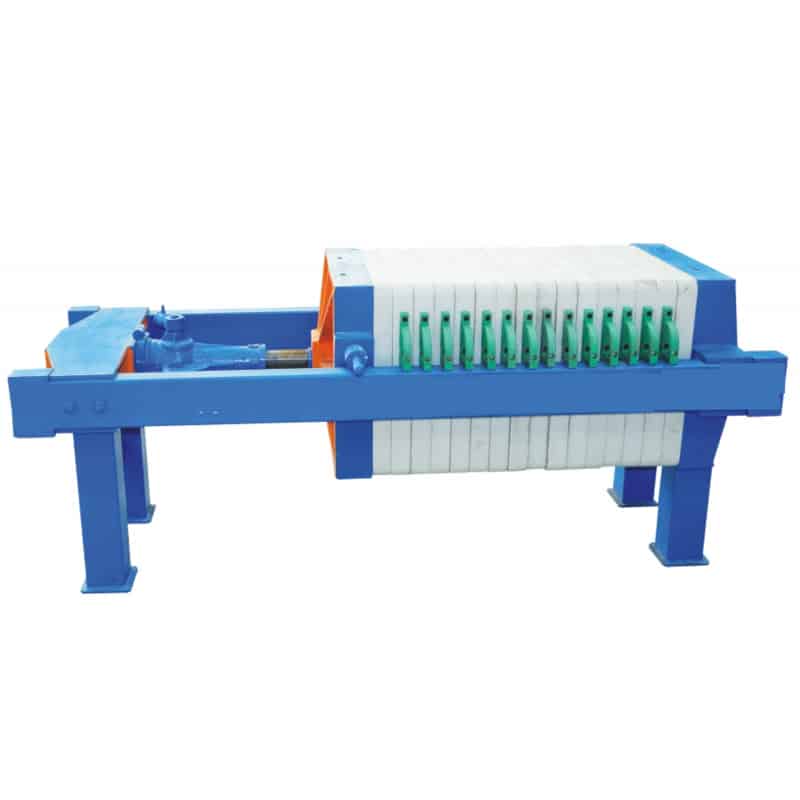
- Automatic filter presses: Automatic filter presses usually have higher productivity and automation and are capable of handling large quantities of suspended solids. Although their initial investment is high, they are more cost-effective in long-term operations by increasing productivity and reducing labor costs.
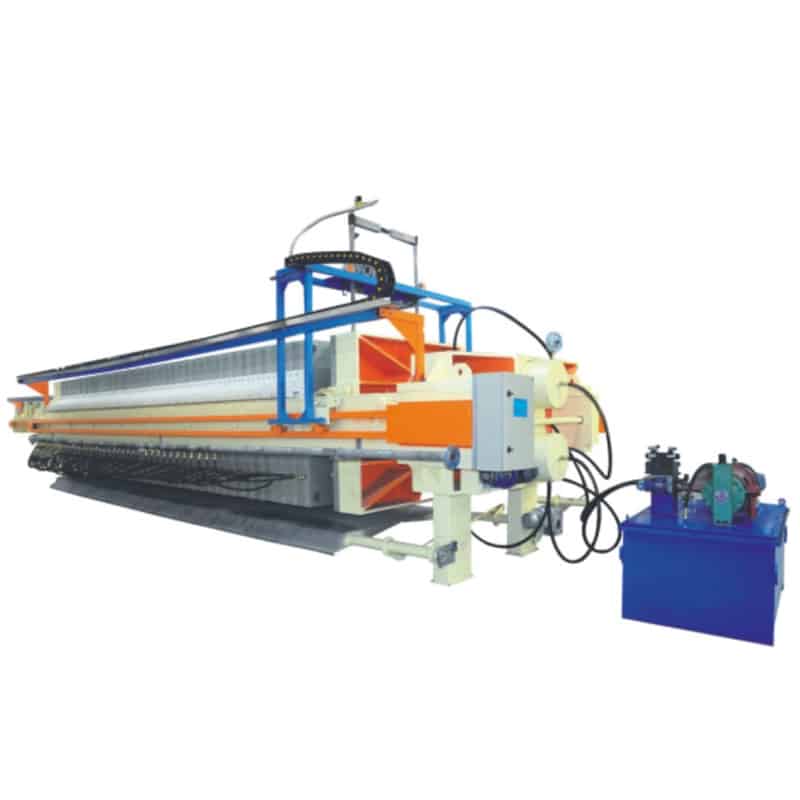
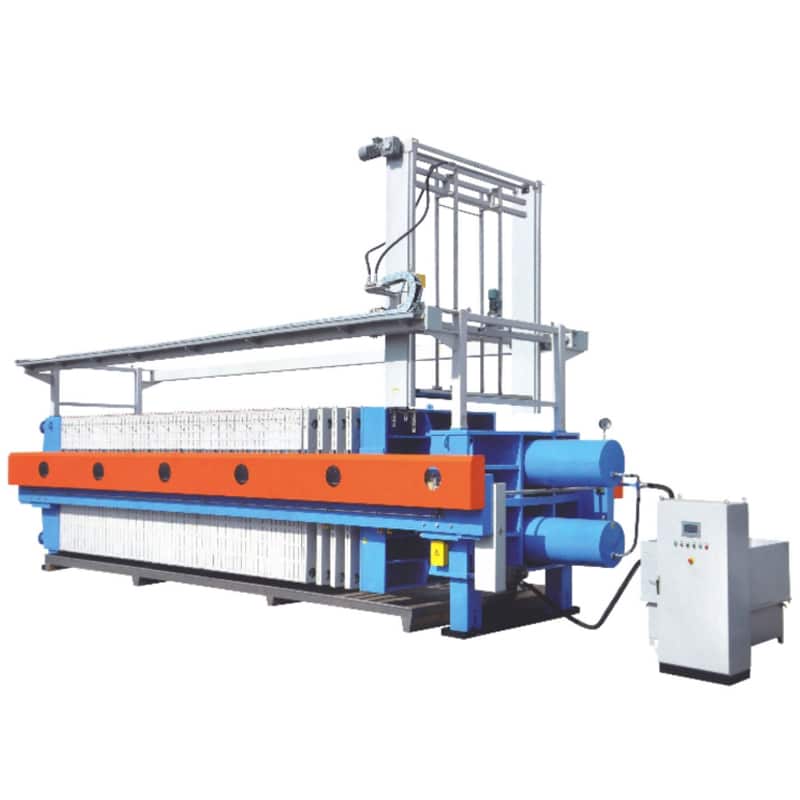
- Membrane filter presses: Membrane filter presses utilize special membrane filtration technology to achieve higher filtration precision and cleaner products. Although their initial investment is higher, membrane filter presses are often more economical where high-quality filtration and fine separation are required.
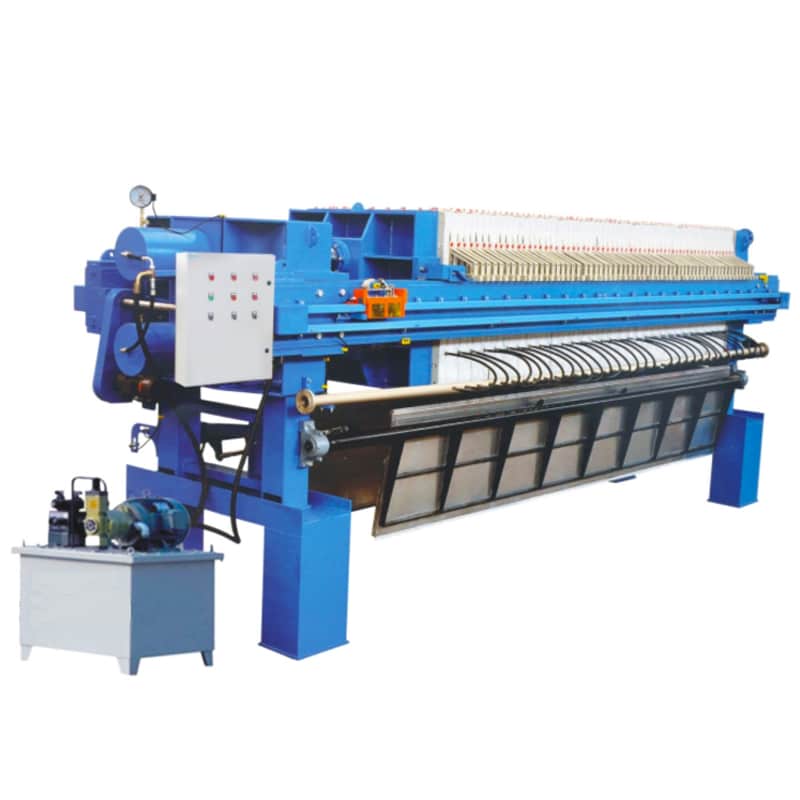
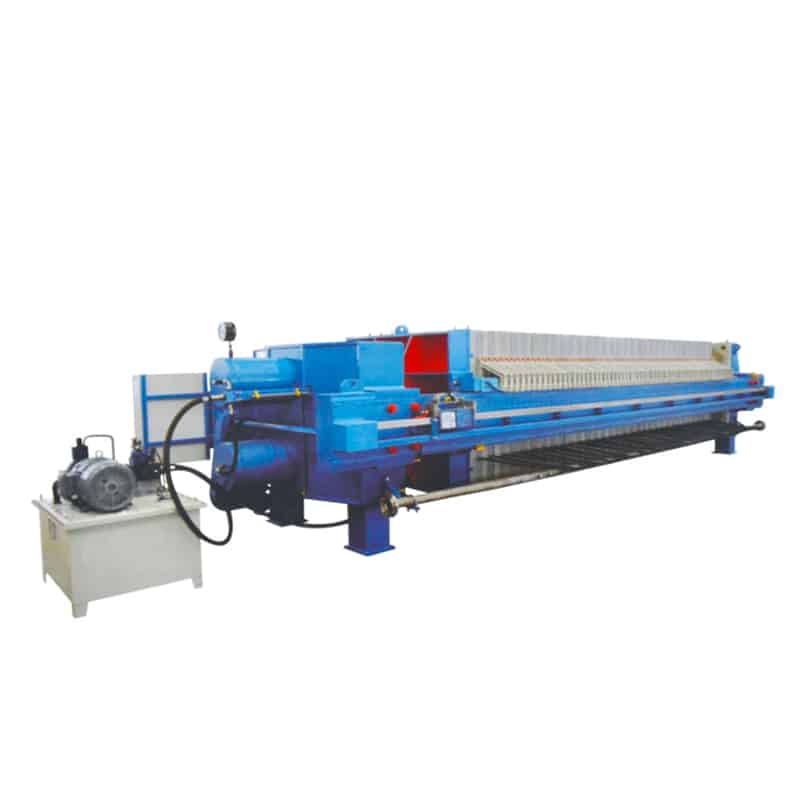
Therefore, determining which type of filter press is more economical requires taking into account factors such as production size, filtration requirements, budgetary constraints, and long-term operating costs, and selecting the most suitable solution
Summary
Filter presses perform solid-liquid separation tasks efficiently, reducing the time and labor costs associated with handling liquid or solid wastes. Filter presses are cost-effective and provide long-term benefits in industrial applications. High-quality filter presses can reduce maintenance costs and increase productivity for a wide range of industries, including chemical, pharmaceutical, and food, to meet different operational needs. By investing in quality filter presses and properly evaluating the return on investment, companies can realize long-term affordability and improve production management efficiency.
KUOSI offers different types of filter presses, here you can find economical and affordable filter presses, if you want to know more, please consult us.
KUOSI also offers stacked screw machines, paddle dryers, low temperature sludge dryers, dosing systems, air flotation machines, aeration blowers, disinfection systems and wastewater screens.
